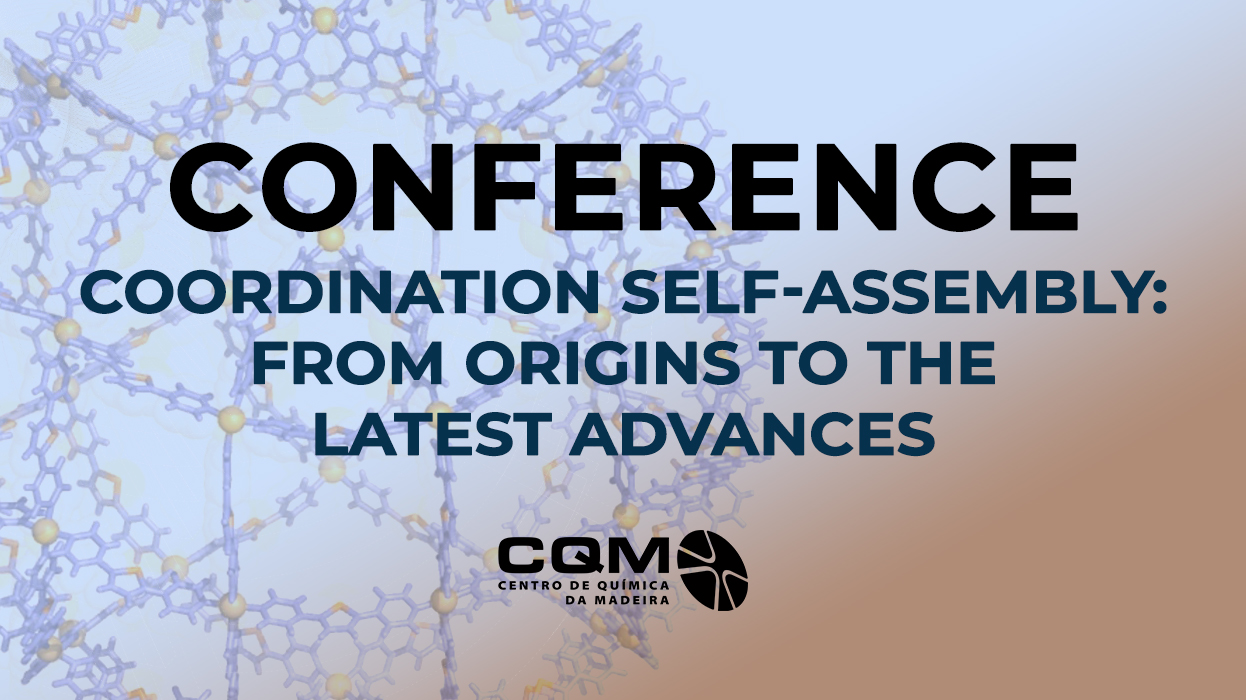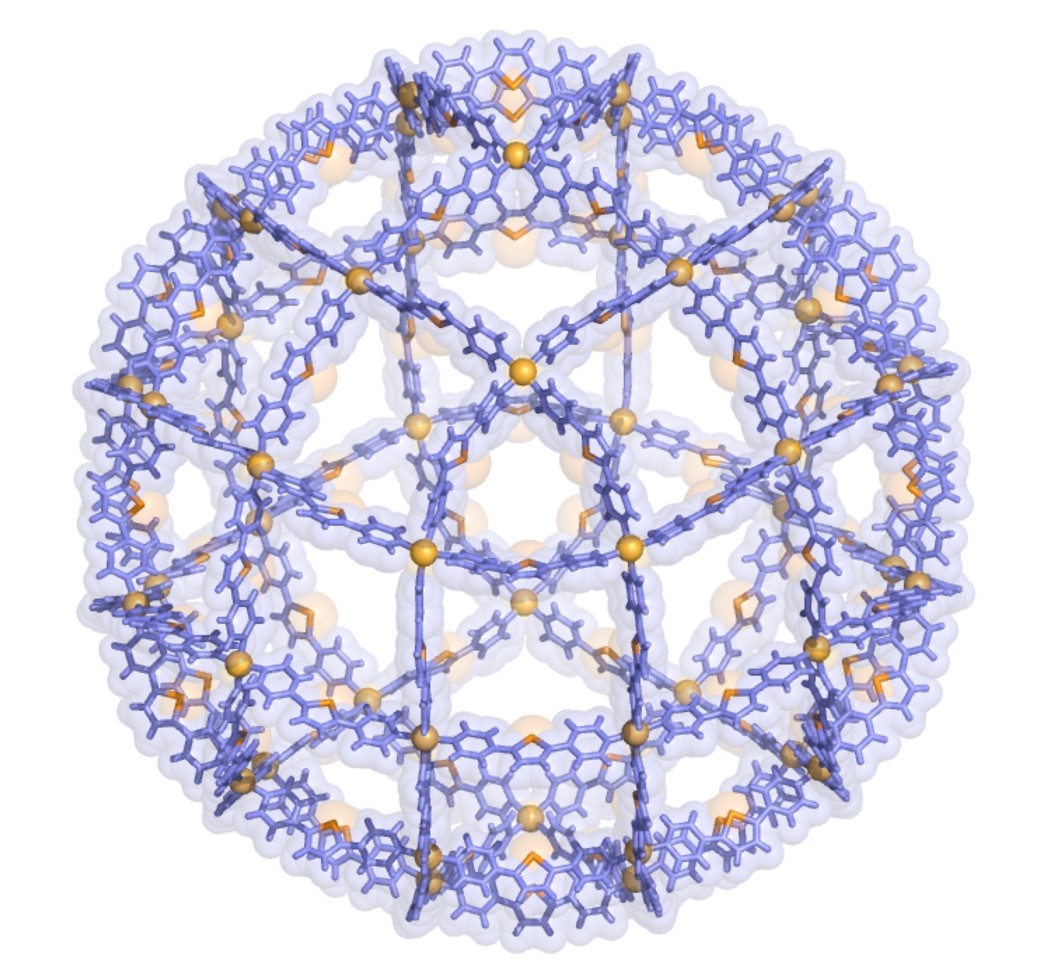
The Madeira Chemistry Research Centre (CQM) will organize the conference "Coordination Self-Assembly: From Origins to the Latest Advances", to be presented by the recipient of the 2018 Wolf Prize in Chemistry, Professor Makoto Fujita (University of Tokyo and Institute for Molecular Science).
Molecular self-assembly based on coordination chemistry has made an explosive development in recent years. Over the last >30 years, it has been shown that the simple combination of transition-metal’s geometry (typically, a 90 degree coordination angle of Pd(II) center) with organic bridging ligands gives rise to the quantitative self-assembly of nano-sized, discrete organic frameworks. Representative examples include square molecules (1990), linked-ring molecules (1994), cages (1995), capsules (1999), and tubes (2004) that are self-assembled from simple and small components. Originated from these earlier works, current interests in Professor's Makoto Fujita group focus on i) molecular confinement effects in coordination cages, ii) solution chemistry in crystalline porous complexes (as applied to “crystalline sponge method”),[1] and iii) and giant self-assemblies[2] (Figure 1), as disclosed in this lecture.

Figure 1. X-ray structure of M48L96 complex.
References
[1] Y. Inokuma, S. Yoshioka, J. Ariyoshi, T. Arai, Y. Hitora, K. Takada, S. Matsunaga, K. Rissanen, M. Fujita Nature 2013, 495, 461-466.
[2] D. Fujita, Y. Ueda, S. Sato, N. Mizuno, T. Kumasaka, M. Fujita, Nature 2016, 540, 563.
Brief biography of Makoto Fujita
Makoto Fujita is University Distinguished Professor at Tokyo College, The University of Tokyo, Japan. He received his Ph. D. degree from Tokyo Institute of Technology in 1987. After working at Chiba University and Institute for Molecular Science (IMS) at Okazaki, in 1999, he was appointed as a full professor of Nagoya University. In 2002, he moved to the University of Tokyo as a full professor. In 2019, he received his current title from the University. His research interests include: (1) Coordination Self-Assembly: Construction of nano-scale discrete frameworks, including MnL2n Archimedian/non-Archimedian solids, by transition-metal ions induced self-assembly. (2) Molecular Confinement Effects: Developing/creating new properties and new reactions in the confined cavities of self-assembled coordination cages. (3) Crystalline Sponge Method: Single-crystal-to-single-crystal guest exchange in the pores of self-assembled coordination networks is applied to a new X-ray technique that does not require the crystallization of target compounds. He is a recipient of the 2018 Wolf Prize in Chemistry.
The conference will take place at the University of Madeira (Sala do Senado, Penteada) on 14th of July of 2023, at 15h00. Previous registration is required!
OTHER INFORMATION
| Registration deadline is the 12th of July of 2023. | |
| Registration form (Closed!) |
